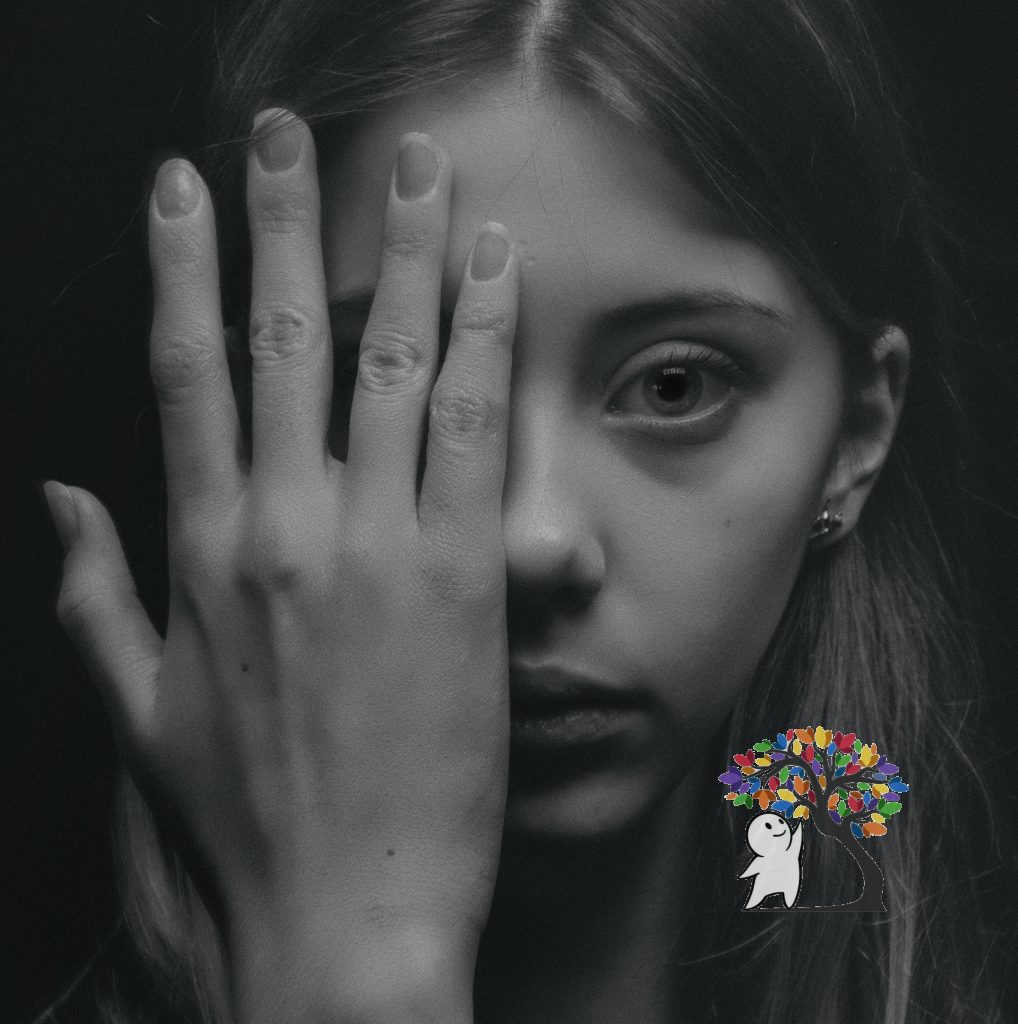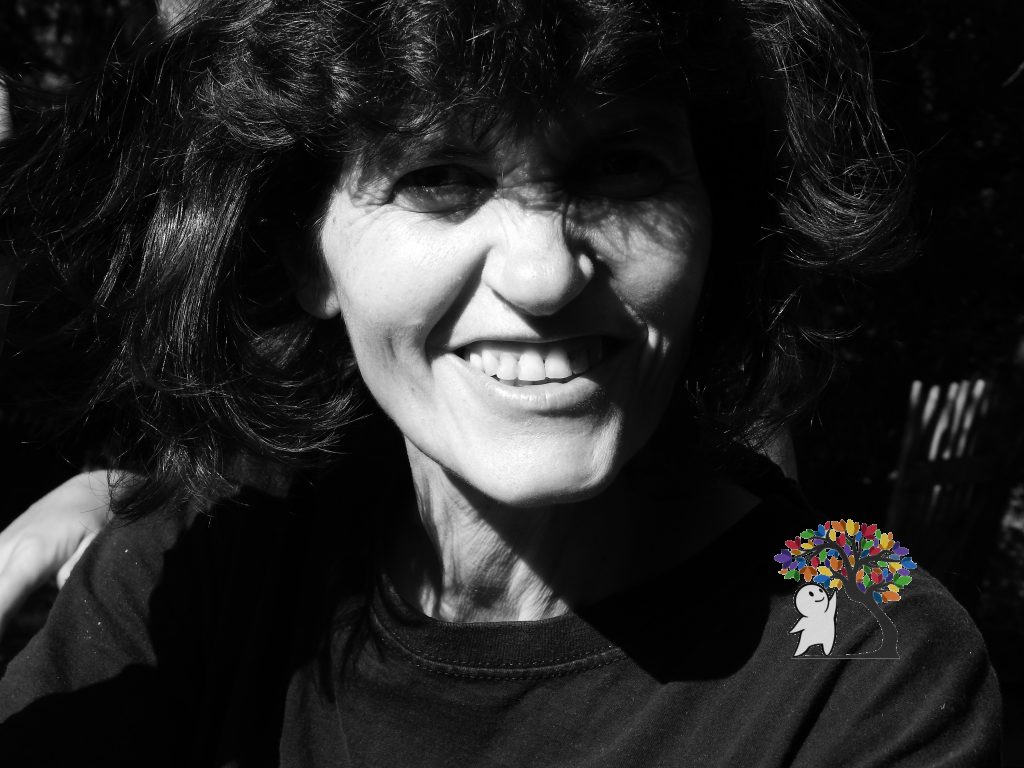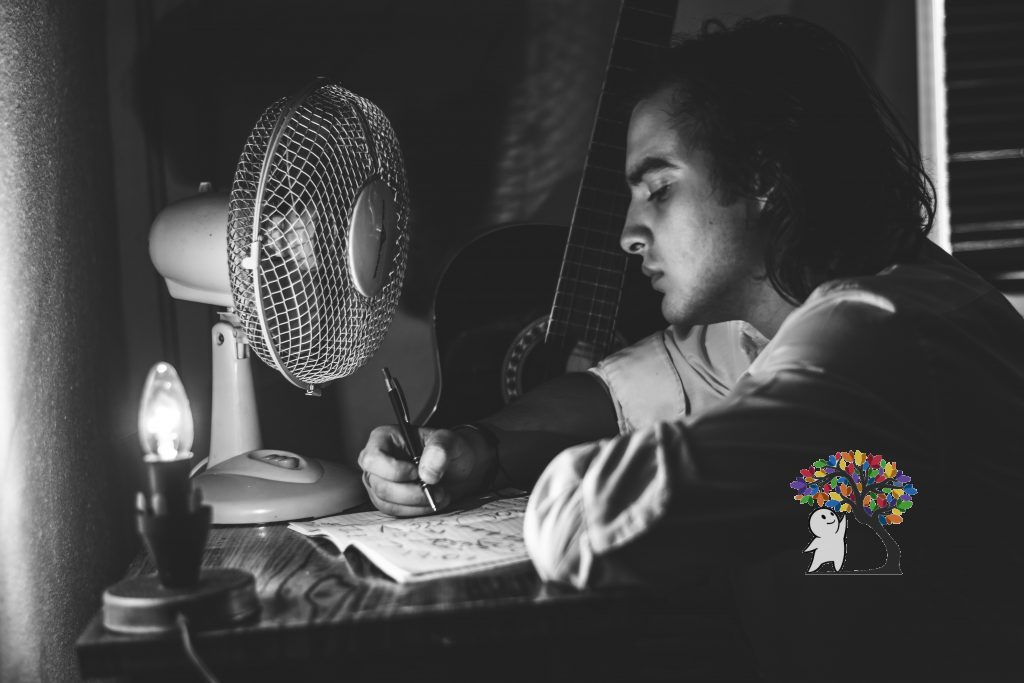6 Signs of Concealed Depression

Depression is a serious mental health condition that can lurk in the people we least expect. As new research and personal stories continue to emerge, our understanding is constantly evolving. Still, the legacy of misunderstanding about this debilitating illness can cause us to look for signs or symptoms that have different expressions than we think.
Those with concealed depression manage their symptoms in ways that keep their condition hidden from others. Often, these people adopt coping strategies that may not strike others as unusual. Still, the burden to carry this disease without support can make the experience even more isolating.
Here are 6 signs that someone may be battling concealed depression:
- They may appear to be the happiest people you know.
People with depression may try to appear happy or upbeat, even if they feel otherwise. These attempts may even evolve into stable personas or behaviors that friends, family, and co-workers expect and do not see beneath.
The misconception that people with depression always present a gloomy personality can create disbelief or surprise when our cheerful friends open up about depression. The stigma and prejudice that those with mental illness have historically faced also prevent many from sharing. No matter how many times we champion against the stigma around mental illness, sometimes it is easier to adopt a happy persona than to share our true feelings.

- They may be perfectionists.
People who conceal their depression have reasons for keeping their experience hidden, even if they are subconscious. They may even be known for their impressive accomplishments or ability to balance all their tasks and ambitions with a smile on their face. According to psychologist Dr. Margaret Rutherford, perfectionism, over-responsibility, and not allowing anyone to see the real you are the three basic traits of perfectly hidden depression (PHD).
Perfectly hidden depression, a term that Rutherford coined in 2014, is a set of behaviors and beliefs that often co-exist. These people can not only be perfectionists, but highly self-critical, and they often derive their personal value from external accomplishments or responsibilities (Rutherford, 2019).
- They seek ways to numb, avoid, or escape their pain.
We all feel the need to escape the stress of our lives from time to time. Therefore, when people indulge in escapism or avoidance, alarm bells do not always go off. Active forms of coping like physical exercise or overworking can even be the source of praise rather than concern. Some behaviors may even masquerade under selfless traits like constantly helping others, but never asking for personal needs to be met.
Gender roles can further confuse the signs of depression as risk-taking behaviors like binge drinking or gambling can be viewed as socially sanctioned for men. Some of those with hidden depression may give signs when they choose coping strategies that are out of character such as increased substance abuse (Brownhill, Wilhelm, Barclay & Schmied, 2005).
- They may struggle with other health concerns.
People with other chronic health conditions face pain and symptoms that can lead to mood changes and depression. A study by Bio Medical Central (2015) found that depression is often overlooked in populations aged 65 and older with other chronic physical illnesses such as diabetes, coronary disease, stroke, and Parkinson’s disease. Depression is normalized in this age group and their physical health is prioritized over their emotional health. Even with risk factors like loneliness and social isolation, depression can remain buried or confused with other conditions and social stigma.
- They are often talented and expressive.
It is no secret that some of the world’s greatest artists suffered from mental illness. Artists, musicians, and writers may express their pain in creative and even genius ways. While their works can inspire many, painful emotions and symptoms of mental illness can torment these highly insightful individuals.
Creativity can be a healthy channel to release or channel despair. Still, these expressions of suffering are real even when they are glorified in beautiful artwork and music.

- They may give subtle cries for help.
Those with concealed depression may not articulate their distress plainly. They may express their pain in ways that may cause us to probe further. Cries for help can surface in the form of self-deprecating comments or a lack of concern for one’s physical or mental health. You might notice them being consistently absent from work or school or even over-burdening themselves with work.
While depression is an internal experience, there is often societal pressure to keep it hidden. Consider the roles and responsibilities someone has. For example, women are more likely to share an experience of depression as the societal pressure to keep emotional distress away from others is less severe. Think about the role models and leaders that are expected to never let their emotional stability waver. When we look for signs, it is important to understand that they look different in everyone depending on factors like age, gender, or social environment.
When we have questions or concerns about someone’s mental well-being, don’t be afraid to ask. While someone struggling with depression may not take the first step to share, they may be willing to answer your concern honestly. The experience of depression is just as painful and real for these people, even if it is invisible to us.
References:
Brownhill, S., Wilhelm, K., Barclay, L., & Schmied, V. (2005). ‘Big build’: Hidden depression in men. Australian and New Zealand Journal of Psychiatry, 39(10), 921-931.
Herrick, L. (2015, Jan 8). 11 habits of people with concealed depression. Huffington Post. Retrieved from https://www.huffpost.com/entry/11-habits-of-people-with-_b_6384062
Overend, K., Bosanquet, K., Bailey, D., Foster, D., Gascoyne, S., Lewis, S., . . . Chew-Graham, C. (2015). Revealing hidden depression in older people: A qualitative study within a randomised controlled trial. BMC Family Practice, 16(142), 1-8.
Rutherford, R. M. (2019, Aug 18). Are you perfectly hiding your own silent depression? Psychology Today. Retrieved from https://www.psychologytoday.com/ca/blog/perfectly-hidden-depression/201908/are-you-perfectly-hiding-your-own-silent-depression



Responses